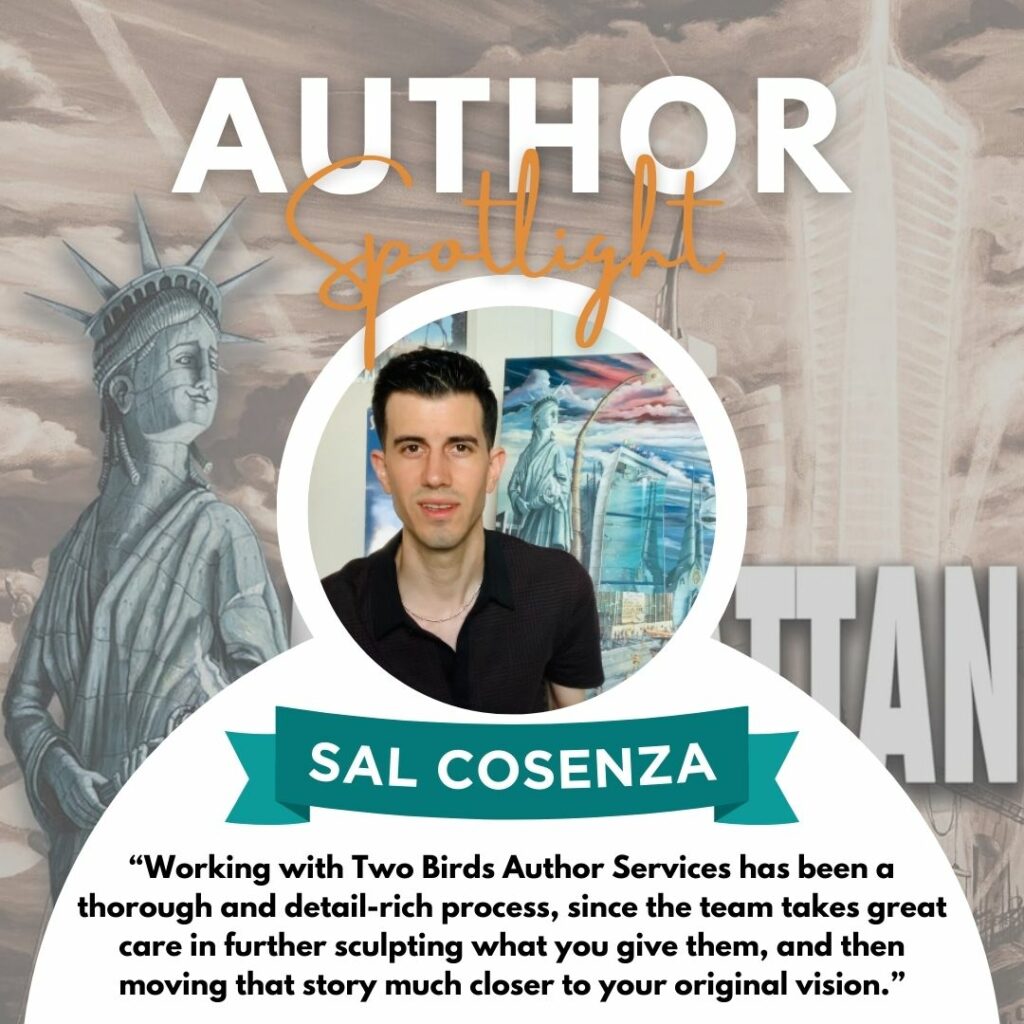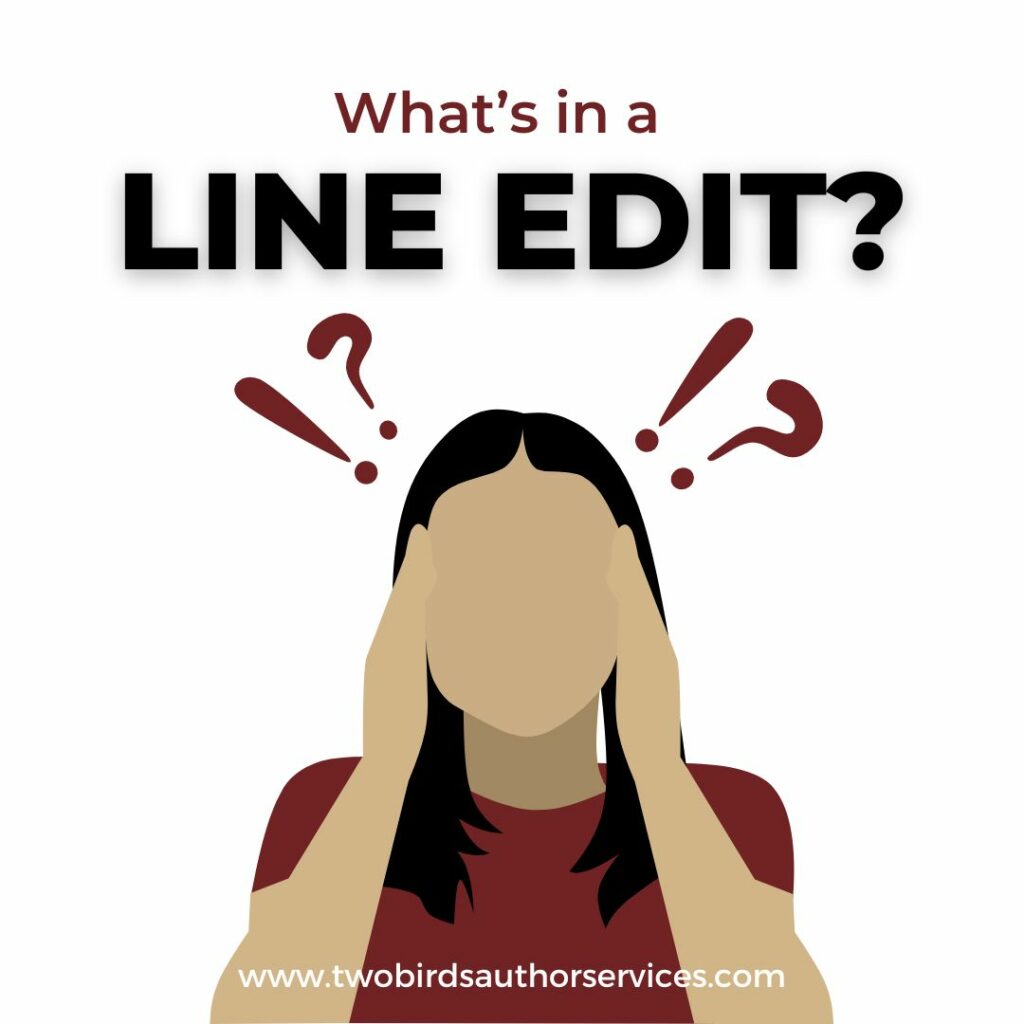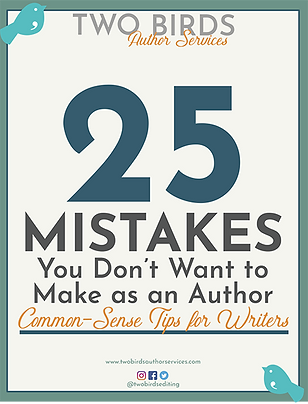In this post, we’re going to look at “hot words” commonly overused words and phrases that you should avoid like air travel over the Thanksgiving Holiday. First off, let’s define what a hot word is.
Hot words: not cool
In our everyday speech, it’s common to use qualifying words such as just, really, very, and like. Words like this help us express ourselves, along with out tone of voice, and physical cues such as gestures or facial expressions.
But written language has different rules. Just because we have certain patterns in our everyday speech, doesn’t mean we should use those in our fiction writing. Words that get overused tend to stand out and can distract from your story in a negative way.
Examples of hot words given above is just a tiny sampling of words and phrases that get repeated too often. In fact, almost any word can become a hot word, if you overuse it in your manuscript. Here are a few more that we see on a regular basis:
- Actually
- Even
- Toward
- Would
We’ve compiled whole list for you of some of the worst offenders we’ve seen over the years. Read to the end of the article to find out how to download the list.
Hot words: what’s the worst that could happen?
These words will wreak have it on your manuscript. We suggest, if at all possible, to put the extra effort in and get rid of them. Why? We’re glad you asked!
Let your characters choose their words, don’t do it for them.
It’s one thing if you want to assign certain catch phrases or words to a character to use on a regular basis. This can add depth to your character’s depth and development. But if everyone in your book uses the same words and the same speech patterns, the reader knows they’re seeing your language habits, and not those that you assigned to the people in your story.
This applies to dialogue, sure but also to narration, especially if you’re writing from multiple points of view. If you’re working on a book with both a male and female POV, you’ll want them to sound different.
CLICHÉ ALERT: inserting the word “H*ll” every five paragraphs in your male character’s narration isn’t going to cut it in terms of differentiating his voice from your female lead. Sorry, but you’ll have to try harder. And speaking of trying hard…
Let your commitment to your craft shine through.
The more you reuse the same words and phrases, the less original your writing will seem. It takes a lot of mental energy to find different ways to say the same things—especially over hundreds of pages! But the more effort you put out to avoid hot words, the more inventive your story will be, and the better writer you are guaranteed to become. And the more you practice being creative, the easier it gets! You’ll start seeing hot words in your own writing more often, and will be able to change them before they become a problem. It does get easier.
PLEASURE READING ALERT: Unfortunately, you’ll also start seeing hot words in the books you read for pleasure. We’re sorry/not sorry!
Keep your reader engaged!
There are many ways for your reader to “fall out” of your story. We’ve mentioned several of these in previous blog posts (here and here, for example), but here’s one that is crucial and worth mentioning now. If your reader sees the same words and phrases over and over again, boredom can set in faster than you can say “second draft.”
If you’re writing fiction, most likely you’re writing for people who are going to read your book because they want an engaging, pleasurable experience. You yourself probably read for pleasure, right? There’s nothing better than settling down with a good book that draws you into the story and creates memorable characters. This is done through the use of language. Finding ways to show your reader what your characters are going through, and what type of settings they’re in, is critical to the enjoyment of the story.
If your readers notice a lot of word repetition, your book can quickly become a less pleasurable experience. Why should they continue reading, if they know what’s coming next, word-wise? Remember, keeping your readers engaged with a fun/scary/romantic story with strong/admirable/despicable characters is what it’s all about. Your word choice has a direct impact on the enjoyability of your book.
Keep a cool head—ditch the hot words!
A good editor should be able to coach you on creating stronger writing voice. They should be able to help you identify hot words, as well as other writing tips, tricks, and pitfalls. But the more you can become aware of these on your own, the quicker you will grow into a dynamic, successful writer.
Want our list of hot words? Sign up for our newsletter here and get your free copy!




